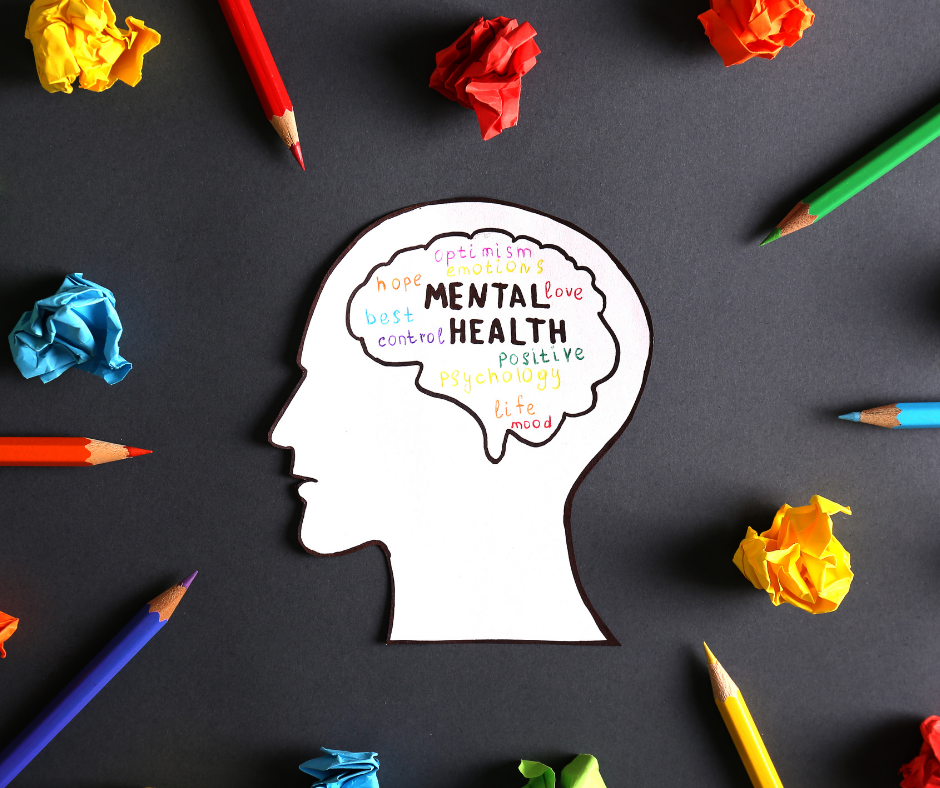
Prior to the pandemic in 2020, research showed that one in five adults struggled with mental health issues. Post pandemic has triggered a 25% increase in anxiety and depression, according to the World Health Organization (WHO). With this drastic increase in the past couple of years, employers need a plan of action to increase the health and wellbeing of their employees.
With employees returning to the workplace, it can be stressful and overwhelming. Individuals are still adjusting to the “new normal” and need support and resources. With all the changes in the work environment, many individuals have started prioritizing mental health within the workplace.
A survey conducted by the Employee Benefit Research Institute (EBRI) showed that in response to the pandemic, 50% of employees believe mental health wellness programs are more important than ever. Unfortunately, cost continues to be a concern for many individuals. The survey also found that three in four people trust their employer to offer quality benefits and offerings that will improve their overall well-being.
The following will help to create a safe work environment and ensure the welfare of all employees:
Promote Health And Well-being
Employee wellbeing refers to the state of employees’ physical and mental health and focuses mainly on factors including mood and perception. The leadership of your organization needs to create a healthy culture and supportive environment for their employees. Educating leaders on how to recognize the signs of stress and mental health issues will help reduce turnover and absenteeism. Poor mental and physical health ultimately leads to lower moods, poor concentration, difficulty making decisions, and inadequate performance. Ideas that you can utilize to promote employee well-being in the workplace include the following:
- Ensure recognition is a part of your company culture
- Practice mindfulness
- Create impactful mentoring programs
- Promote mental health awareness
Workspace/Work Flexibility
Your work environment can affect your mental wellness. On average, individuals spend 90,000 hours at work which is nearly one-third of our lives. How work affects us is directly related to our physical environment. Since the beginning of the pandemic, hybrid work became a new concept where employees worked from home two to three days per week and physically entered the office the remaining one to two days. Allowing flexibility like this in your business allows your employees to have a wider range of freedom. If the employees have children, they have adequate time to drop them off at school or take care of loved ones. A study found that 72% of employees report that work-life balance is especially important when considering a new position.
When individuals think of office work, they probably think of people sitting at a desk all day. Sitting at a desk for an extensive period of time takes a toll on your body and mind. It goes hand in hand with the risk of anxiety and depression. Research is still being conducted to determine the reasoning behind it, but it’s most likely related to lack of exercise. Once an hour, individuals should get up from their desks to take a break physically and move around, stretch, get some water, clear your head, etc.
Communicate
Communication is a valuable tool in managing many aspects of mental health and the well-being of your employees. As there are a handful of ways to communicate with team members, it’s important to determine the most effective way your team communicates. Understanding your team member’s communication styles is important to succeed. If they prefer face-to-face conversations over email or video, meet with them in person. Effective communication between your leaders and your employees strengthens relationships and ensures everyone is on the same page. This will create a positive working environment and improves motivation and productivity. Remember to always check in with your colleagues. Encourage a happy and motivating workplace.
What Is Your Company Doing To Address The Well-being Of Your Employees?
Your employees’ career is a vital part of their life. Increased mental well-being is connected to happier work, more effective collaboration, and increased productivity. When partnering with GMS, we offer a wide range of benefits to your employees. Through our employee assistance program (EAP), our clients have access to free confidential services including legal and financial consultation, childcare, special needs, counseling, and more. If you choose to utilize free counseling, you have up to four sessions, per problem for face-to-face counseling with 24/7 access. To learn more about our benefits offerings, click here.